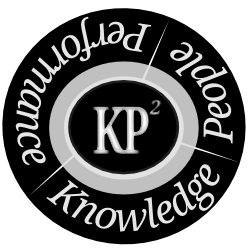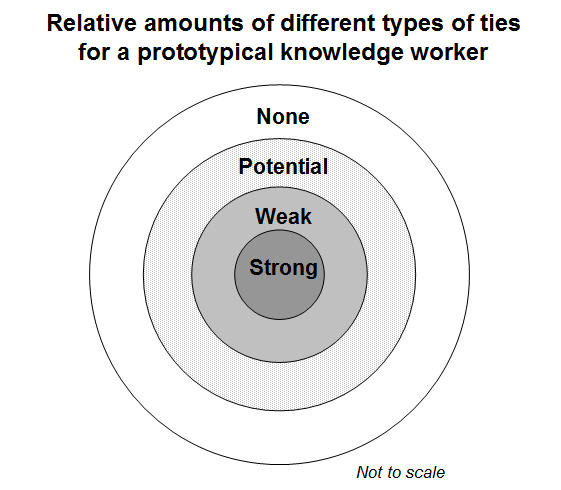The concept of social capital is something I’ve been interested in ever since the beginning of my PhD (here’s a blog post from 2010, for example). This summer, I presented a conceptual paper on the development of social capital in online communities at the 20th Americas Conference on Information Systems in Savannah, GA. You’ll find the abstract, the conference presentation, and the link to the final article below.
“The present paper extends social capital theory by exploring the creation of social capital in a highly innovative, yet under-researched organizational form: online communities. It is shown that social capital development has thus far not been sufficiently theorized and research on how social capital may be created in online communities is missing altogether. Attempting to fill this gap, I draw on earlier contributions to the sociological literature by Coleman and Bourdieu. More specifically, four mechanisms that lead to the creation of social capital are identified, namely closure, stability, interdependence, and interaction. The concept of fluidity is then introduced as an important characteristic of online communities. The impact of fluidity on the mechanisms for social capital development is consequently scrutinized and some propositions are developed. The paper concludes with a discussion of opportunities for overcoming the challenges identified earlier. Implications for research and practice are advanced.” Continue reading Conference Paper on Social Capital


